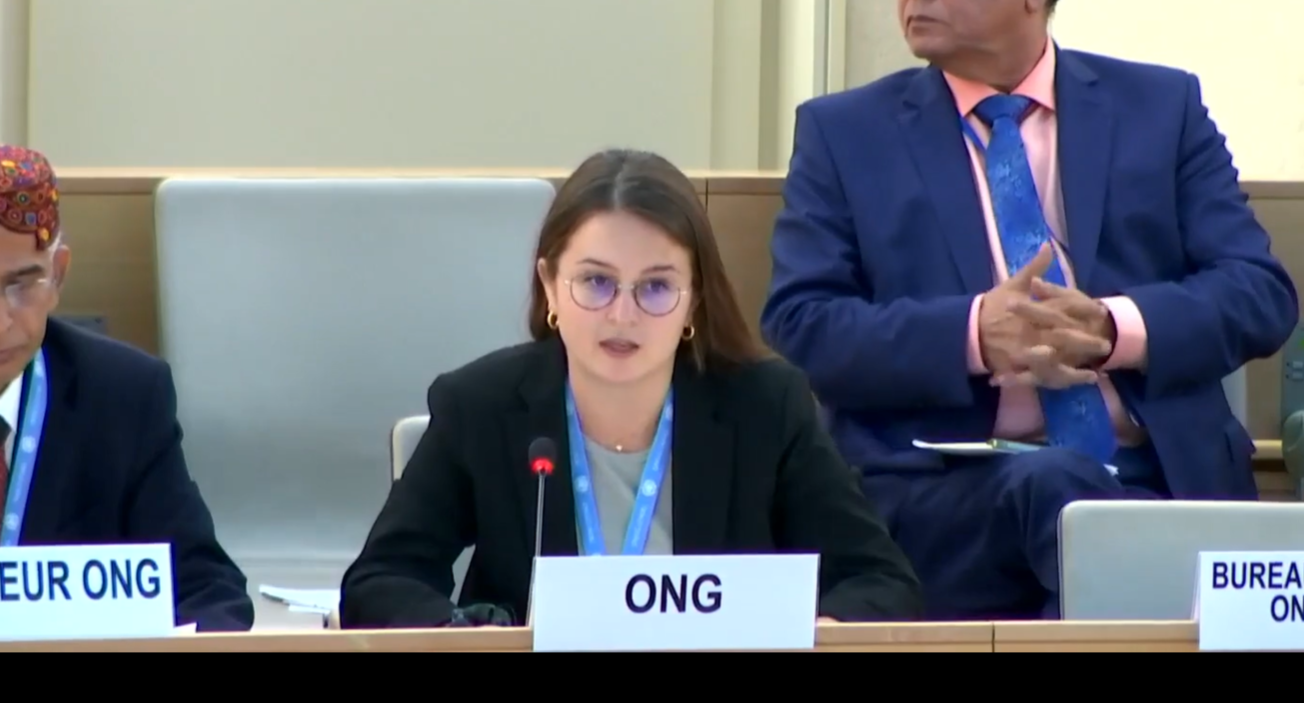The irresponsible role of the arms industry needs to be addressed as part of preventing violence and human rights violations committed with firearms globally.
This was part of the Quaker United Nations Office (QUNO) Peace & Disarmament programme’s recent response (also see attachment below) to an analysis of the arms industry by the United Nations (UN) High Commissioner for Human Rights.
The analysis, ‘Impact of the civilian acquisition, possession and use of firearms’, highlights the arms industry’s use of globalised supply chains to locate weapon manufacturing in countries with more permissive arms exports laws and other tactics to shield itself from any liability.
The analysis revealed that “most recent global estimates suggest that approximately 250,000 deaths annually were caused by the use of firearms”.
“According to the Global Burden of Disease Study, this entailed an estimated annual loss of more than 12 million years of life from 2017 to 2019. The majority of homicide victims globally are between 15 and 30 years old.”
QUNO supports the Commissioner’s recommendations for robust human rights due diligence requirements for companies, including those that, directly and indirectly, manufacture firearms in third countries and its reminder of the investors’ responsibility to respect human rights in their investment decisions.
QUNO’s submission to the Commissioner was delivered at the UN headquarters in Geneva. It was delivered on behalf of the Quaker organisation Friends World Committee for Consultation.
“We call on all stakeholders to act upon the full range of recommendations from this report in their respective areas of work,” said QUNO.
Its statement continued: “On a separate issue, QUNO welcomes efforts to explore ways for the HRC to work more effectively and coherently across all pillars of the UN and to identify mutual opportunities to address cross-cutting issues from a prevention perspective.
“In that regard, we sincerely hope an annual briefing by the Peacebuilding Commission Chair at a later date during this Council Session will become possible, at a time when genuine engagement is feasible. This would be a welcomed step towards developing opportunities for further exchange and dialogue — harmonising work taking place in Geneva and New York.”







